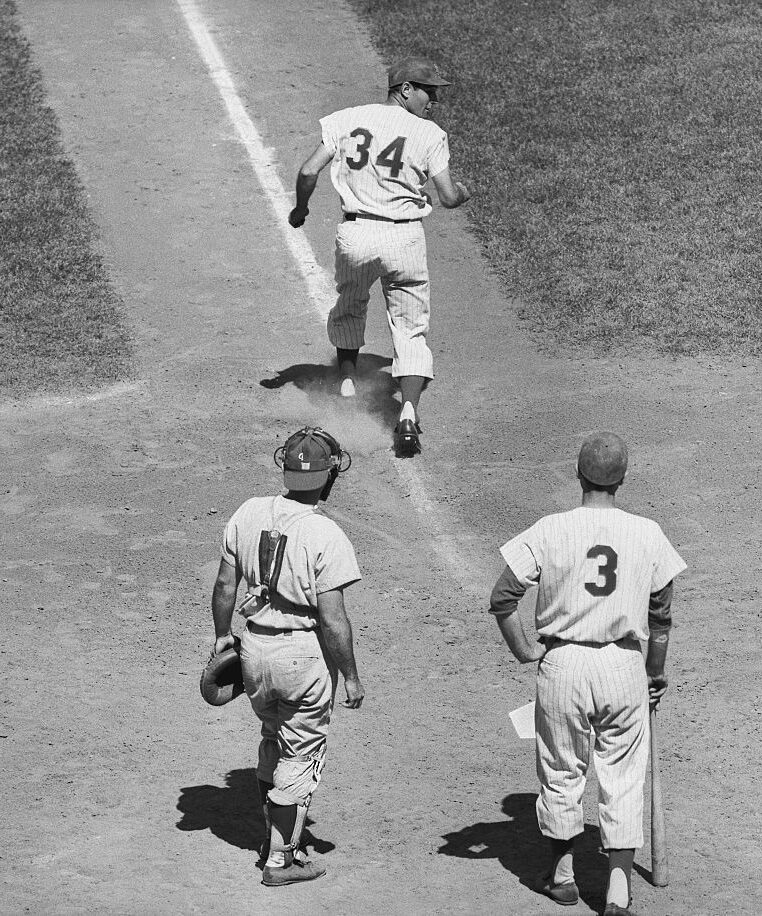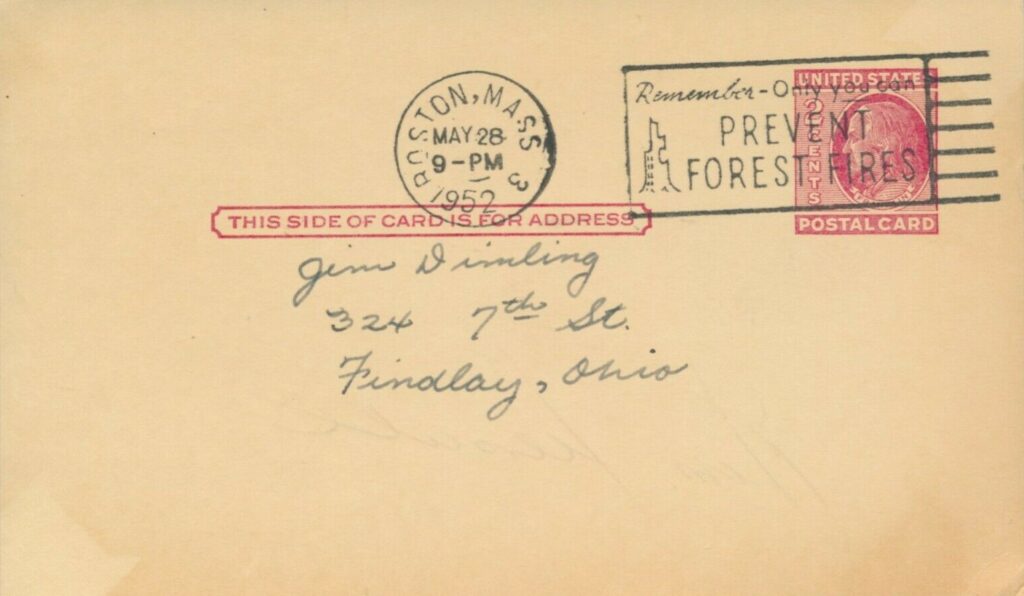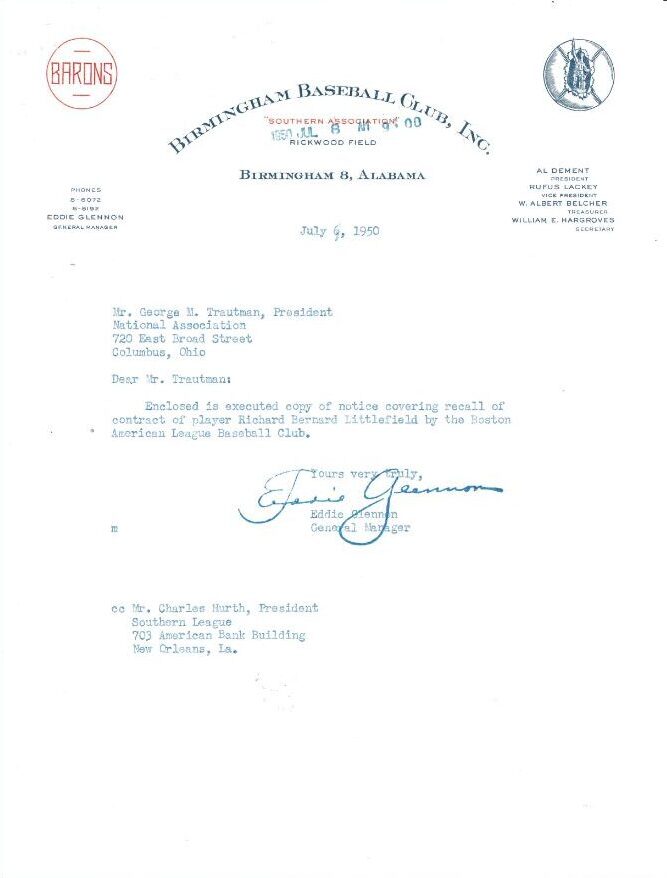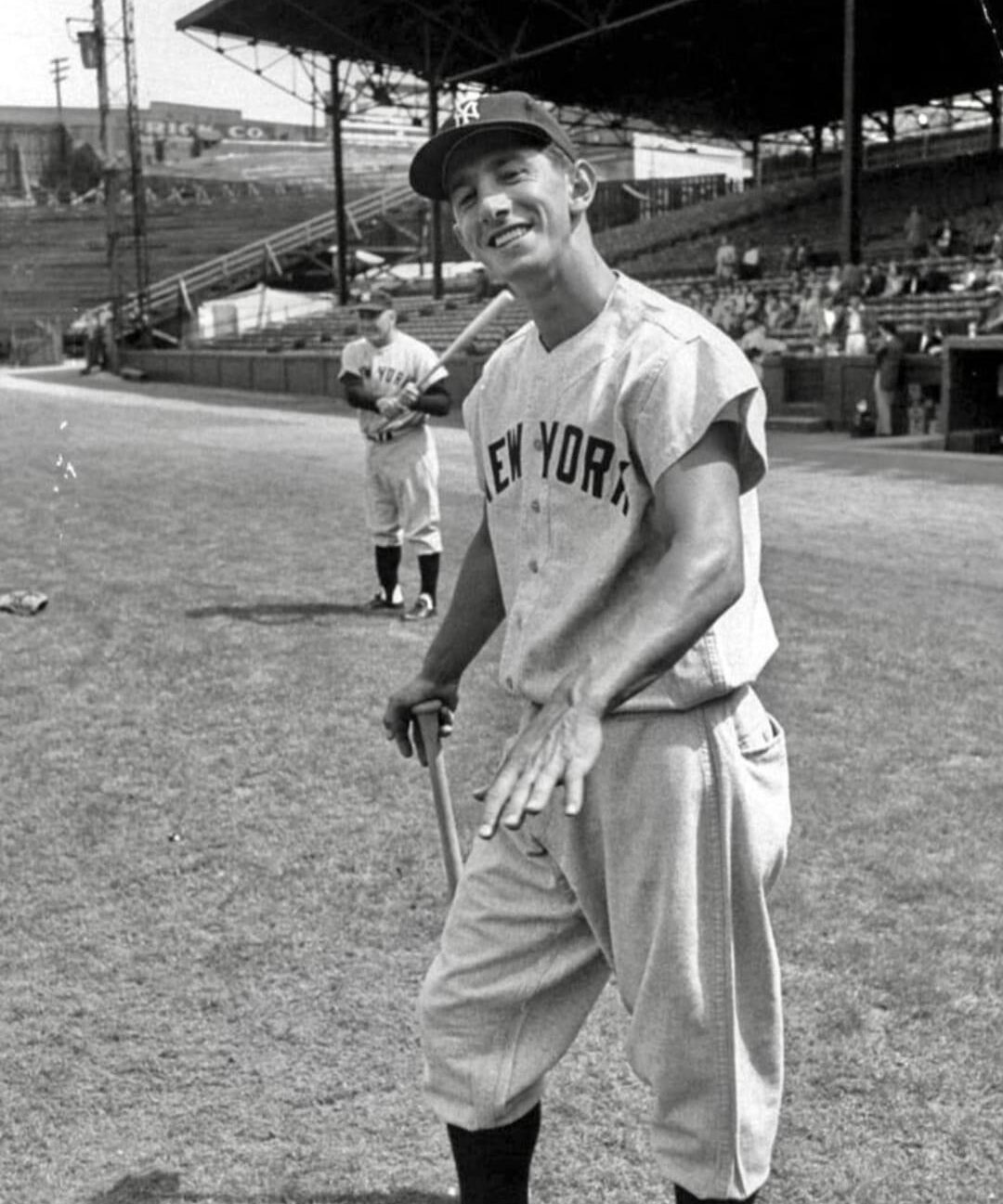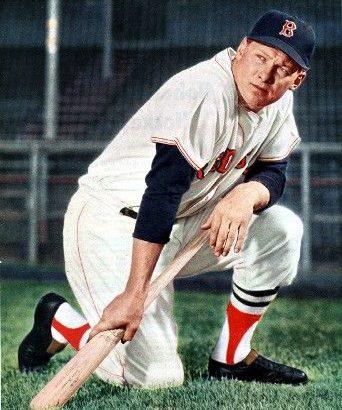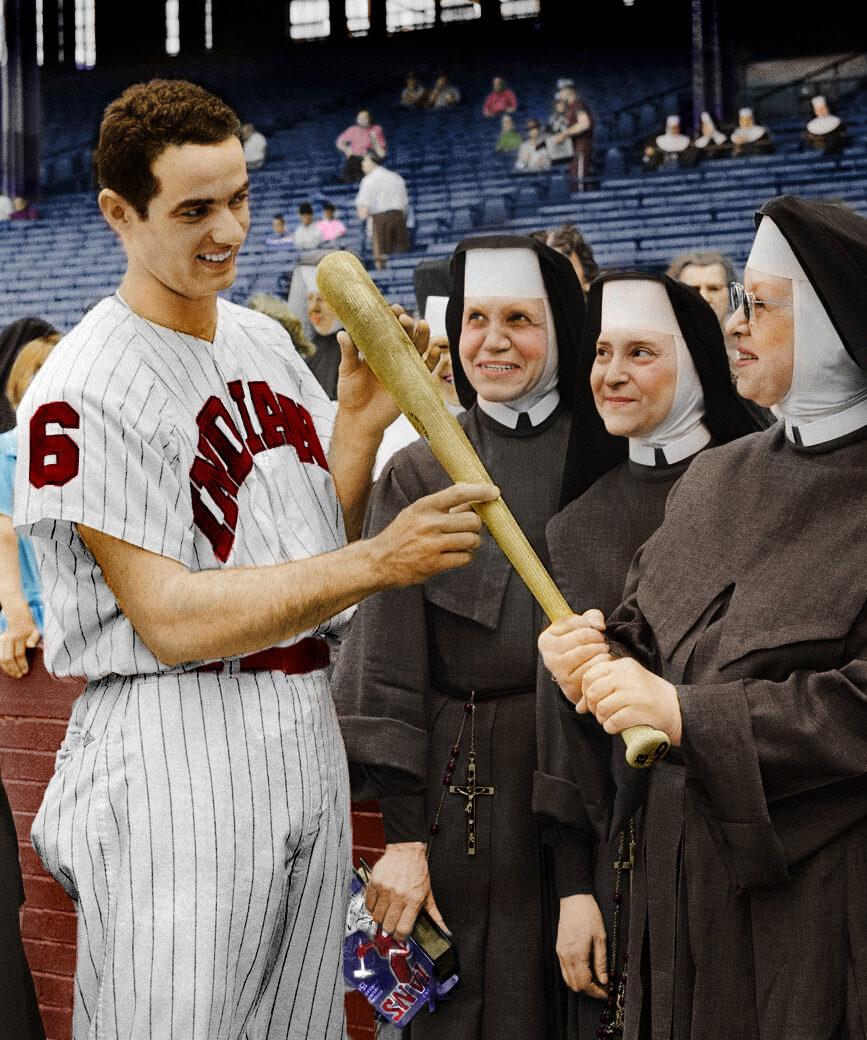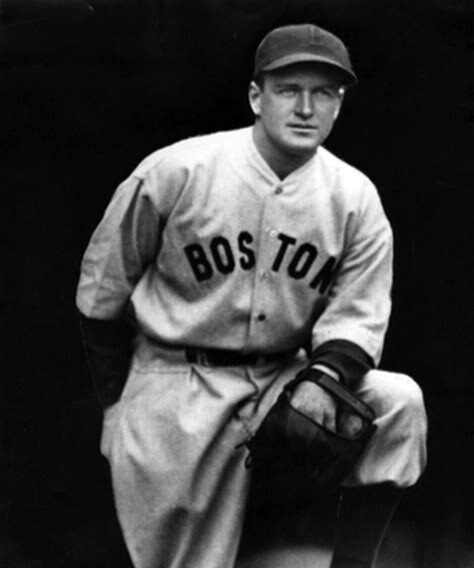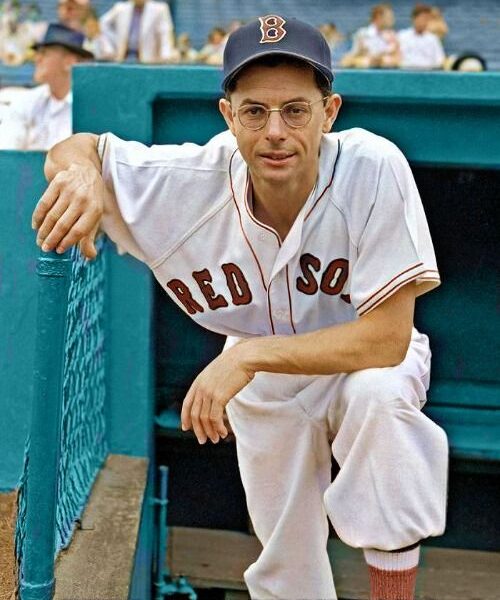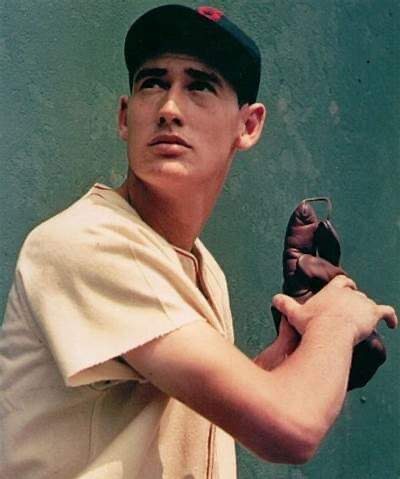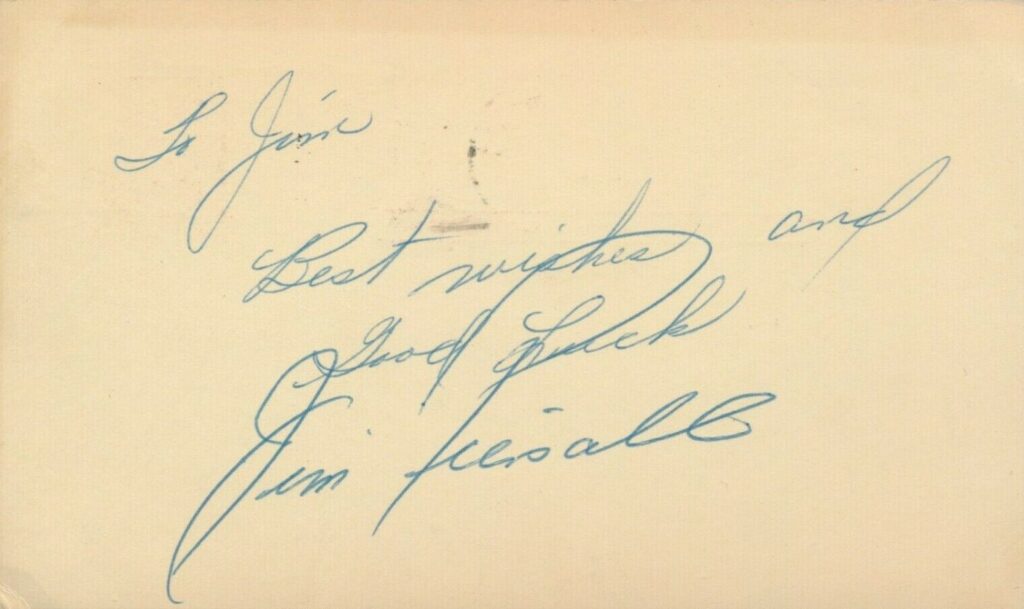
Jimmy Piersall wasn’t old enough to buy a drink when he made his big league debut in 1950. An outstanding athlete, he played until six months before his 38th birthday.
Piersall’s Major League playing career included a pair All Star appearances, and two Gold Glove Awards. His eight years in Boston resulted in his induction into the Red Sox team Hall of Fame in 2010.
The centerfielder accomplished this despite battling bipolar disorder throughout his life. Issues on the field began to manifest on May 24, 1952 before a game against the New York Yankees.
The previous day Piersall sat on the Red Sox bench and verbally jabbed at Yankee second baseman Billy Martin throughout the game.
Before the teams squared off on the 24th, the two men began jawing at each other on the field. Martin challenged Piersall to meet him under the stands.
The two players made their way to the tunnel out of the sight of the fans. As they confronted each other ready to fight, Piersall asked Sox pitcher Ellis Kinder to hold his hat. Martin seized the opportunity to sucker punch Piersall twice in the face.
Piersall grabbed Martin and the two began to wrestle. With the help of others, Yankee coach Bill Dickey soon broke up the brawl. Minutes later Piersall scuffled with teammate Mickey McDermott.
Other incidents followed. During one contest, Piersall spanked the four-year old son of teammate Vern Stephens in the Sox clubhouse during a game. Soon Piersall was sent to the minors.
His bizarre behavior continued, culminating with his admission to the Westborough State Hospital in Massachusetts. He was diagnosed with “nervous exhaustion”, spent the next two months at the facility, and missed the remainder of the season.
For the rest of his career, Piersall battled mental health issues and odd behavior. Perhaps his most memorable decision came when he hit his 100th career homer. Piersall touched each base in the correct order but ran his home run trot facing backwards.
Despite his personal demons, Piersall played 20 seasons in professional baseball. After retiring as a player, Piersall spent much of the rest of his life in the game, first as an announcer and later as a coach. He was also the subject of the 1957 film Fear Strikes Out.
In the collection is this government postcard signed by Piersall in 1952.
